Ahead of monsoon’s arrival, the Indian telecom sector is pepping up for an enthralling deals season. While the spotlight is on Jio Platforms, investment speculations are abuzz for Vodafone Idea and Airtel too. These strategic investments (between global internet giants and Indian telcos) have the potential to transform mobile payments in India.
While the Facebook-Jio deal announced on 22 April continues to be a towering one, other significant deals involving Jio Platforms have also taken place. Abu Dhabi-based Mubadala Investment Company has announced to invest ₹ 9,093.60 crore for a 1.85% equity stake in Jio Platforms on a fully diluted basis.
More such investments in Jio Platforms are understood to be brewing.
The Jio Platforms deals have stoked similar developments for other telecom players as well. Earlier, there was a buzz around Google mulling a stake in Vodafone Idea Limited (VIL) and now a likely investment by Amazon in Bharti Airtel is the talk of the industry.
The landfall
It all started with Facebook buying a stake of 9.9% in Jio Platforms, which is a parent to RJio, India’s biggest telco by subscribers as well as revenues. The deal was valued at Rs 43,574 crore.
Four other significant stake purchases in Jio Platforms followed within a month’s time by various global majors, mostly investors. These were: Silver Lake (1.15% stake for Rs 5,656 crore), Vista Equity Partners (2.32% stake for ₹11,367 crore), General Atlantic (1.34% for ₹6,598 crore), KKR (2.32% for ₹11,367 crore), and Mubadala Investment (1.85% for ₹ 9,093.60 crore).
Thus, in a span of just six weeks, a total of ₹87,655.35 crore has flown into Jio Platforms’ coffers for a stake sale of 18.97%. It is understood that the amount would be used by super parent Reliance Industries Limited (RIL) to pare a sizable chunk of the debt it took for the RJio telecom services subsidiary.
Why so bullish on Indian telcos?
With India’s telecom average revenue per user (ARPU) being among the lowest worldwide and the telcos being neck-deep in debts, the enthusiasm of foreign investors seems mystifying at first sight.
In the last few years, several consolidations and shakeouts have brought down the number of private-sector telecom players from around 15 to just three. A number of foreign investors have lost their monies in the process. There even have been speculations that the sector could end up being a duopoly in the long run.
It is also a well-acknowledged fact that not only voice but even data is now commoditized. This means that investments made into pure-play voice or data networks could take very long periods to recoup. In fact, given the high cost of assets (including spectrum and licenses) and the consistently low ARPUs, it is even likely that those investments may never find a profitable return.
This newfound enthusiasm and rush of foreign investors then can’t imply confidence in India’s telecom story. It has to be something much more promising and bigger.
It’s the mobile payments story
A look at the investments made in Jio Platforms shows that the mobile-payments factor has played a driving role. If Google and Amazon decide to invest in VIL or Airtel, that too would be driven by a mobile payments consideration.
As noted in another Better World story (See: Will FB–Jio deal create magic?), while Reliance Jio already has a UPI license for its Jio Money payments platform, WhatsApp is yet to receive a license for rolling out a payment service for all its users in India.
A 9.9% stake in Jio Platforms opens the possibility for Facebook to process mobile payments over WhatsApp using Jio Money as an enabling platform. This could mean a world of difference for Facebook, which has silently watched Google Pay and Amazon Pay amass significant user base and gross transaction values.
According to the National Payments Corporation of India (NPCI), the UPI payments market, including mobile payments, stood at Rs 2.18 trillion for the month of May 2020 alone. Also, Google Pay is understood to be having more than 65 million active monthly users.
Facebook is eyeing a big slice of the UPI pie in India, which as per Better World estimates, will be more than Rs 25 trillion in FY2020-21.
Clash of titans awaited
Despite a strong foothold in India, Google can’t risk undermining Facebook’s capabilities. It will certainly like to bolster its position further in the mobile payments market. Amazon too would like to protect and grow its market share.
So if Facebook has taken a stake in RJio’s parent Jio Platforms, it may be logical for Google and Amazon to identify strategic investment opportunities with other pan-India telcos. The obvious choices would be VIL and Airtel. However, while Airtel hold a UPI license, VIL doesn’t have one (it surrendered the M-pesa license last year). Nevertheless, VIL continues to be the second-largest telco by number of subscribers.
On the BSE, stocks of VIL and Airtel rose 6.41% and 3.89%, respectively, on 4 June, while the Sensex closed marginally lower by 0.38%.
It is another matter that while a 5% stake sale could get Airtel cash worth USD2 billion, a similar stake sale would get VIL just around USD110 million at current valuations. So while a stake sale would enable Airtel to pare a significant part of its debt, for VIL it would only amount to a short lease of life.
This also means that for a VIL deal to be strategically meaningful, a larger stake sale would be required. It remains to be seen if VIL would embrace such an idea, especially at a time when the telco has witnessed some green shoots in the recent months.
That consideration apart, there is a high potential that telecom deals will transform mobile payments in India. This will also change the dynamics between telcos and over-the-top (OTT) companies at large. More about that later.



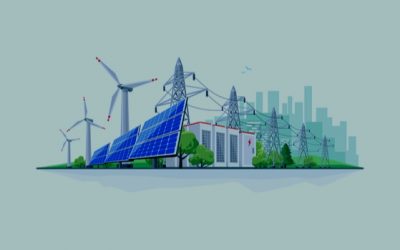
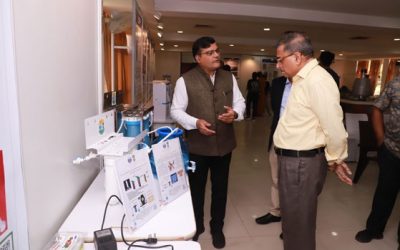

 The exhibition is covering technologies developed by the Bhabha Atomic Research Centre (BARC), Raja Ramanna Centre for Advance Technology, Indore and other Units of Department of Atomic Energy (DAE), which are useful for the common man in day-to-day life, e.g., in the field of health, agriculture, water, food security and environment, said a PIB release.
The exhibition is covering technologies developed by the Bhabha Atomic Research Centre (BARC), Raja Ramanna Centre for Advance Technology, Indore and other Units of Department of Atomic Energy (DAE), which are useful for the common man in day-to-day life, e.g., in the field of health, agriculture, water, food security and environment, said a PIB release.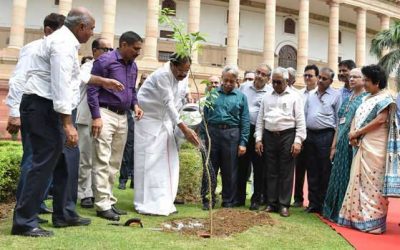
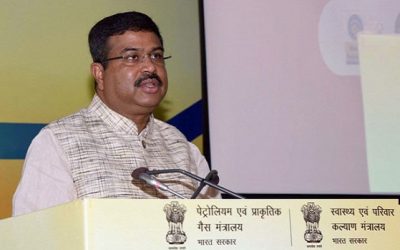


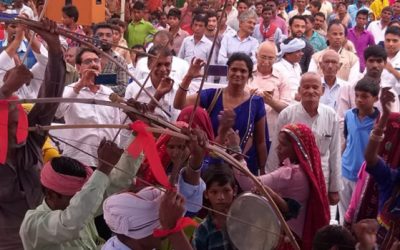



0 Comments